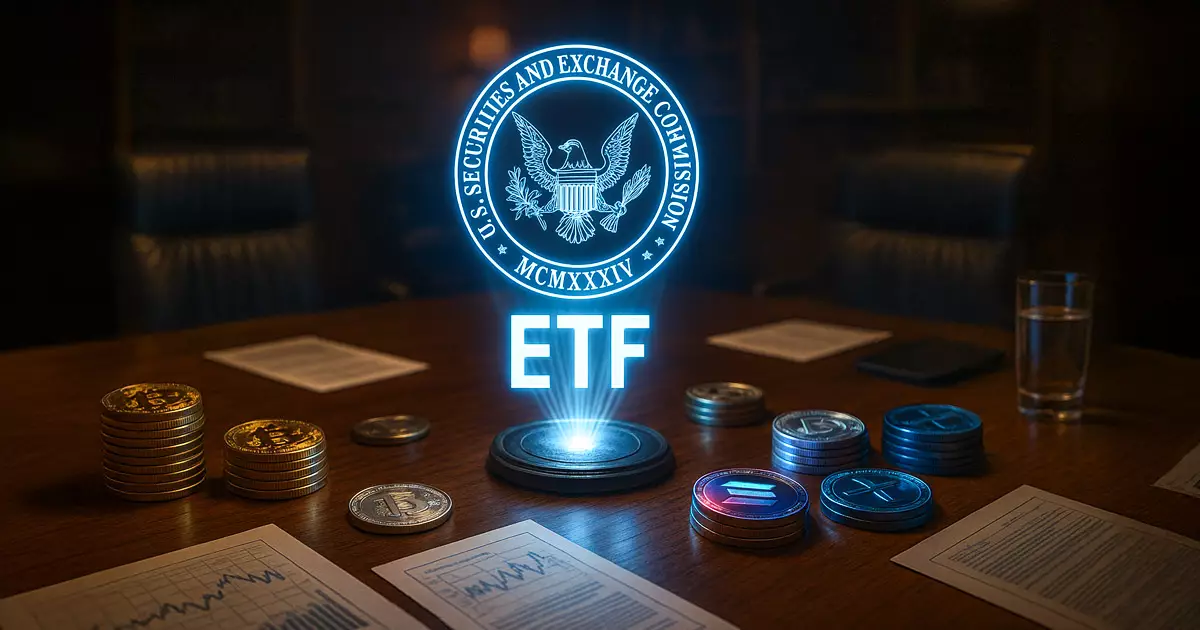The recent postponements by the SEC reveal a troubling pattern of bureaucratic inertia disguised as prudent oversight. While critics argue that the agency seeks to protect investors, this delay serves more to stifle innovation and preserve the status quo. Instead of creating a transparent and predictable framework, the SEC appears fixated on endless reviews, preventing legitimate market growth. The postponement of nine prominent ETF applications, including those linked to Bitcoin, Ethereum, Litecoin, and Dogecoin, sends a clear message: the regulatory environment remains hostile to progress, especially if that progress challenges traditional financial structures. This approach undermines competitive markets, keeps retail investors vulnerable to manipulation, and hampers the very innovation that digital assets promise.
The Mirage of a ‘Well-Planned’ Framework
The SEC’s reluctance is cloaked in the guise of establishing a comprehensive regulatory framework. Yet, the delay hints at a deeper fear: the loss of control. Instead of fostering a marketplace where crypto assets are integrated responsibly, the agency stalls, stalling out what could be a transformative financial evolution. The supposed “review process” is, in reality, a smokescreen, allowing regulators to defer judgment while stakeholders scramble to interpret vague and inconsistent standards. The idea that a generic listing standard — based on metrics like market cap and liquidity — is “good news” is overly optimistic. Without clear, consistent rules, the market remains vulnerable to arbitrary decisions, amplifying uncertainty and discouraging legitimate fund managers from entering the space.
The Power Struggle Between Central Authority and Innovation
Fundamentally, this pattern reflects a power struggle. Traditional regulators are immensely uncomfortable with an asset class that operates outside their control. Instead of embracing the potential of blockchain technology and digital assets, the SEC’s approach resembles bureaucratic wrestling, trying to fit a disruptive innovation into outdated regulatory boxes. By delaying approvals and proposing nebulous standards, they maintain a monopoly on decision-making, implicitly discouraging competition and new entrants. This stance pits the desire for investor protection against the undeniable need for sensible innovation. The fear of missteps has snowballed into a paralysis that helps entrenched financial institutions maintain dominance and suppress alternative opportunities for investors.
The Unhealthy Future of Crypto Regulation
The creeping delays will likely have long-term consequences. If the SEC’s current approach persists, the U.S. risks falling behind global rivals who adopt more pragmatic and enabling regulatory policies for digital assets. Meanwhile, crypto companies and investors are left navigating a minefield of uncertainty, discouraging legitimate innovation and funding. A true liberal approach would emphasize balanced regulation—setting clear standards that foster both investor safety and market growth. The current stance, however, seems to prioritize control over clarity, and that is a pathway to stagnation. For anyone genuinely interested in the future of financial technology, these delays represent an abdication of leadership and a retreat into regulatory conservatism that harms economic dynamism.

